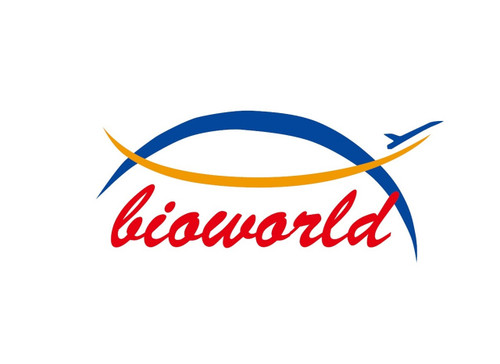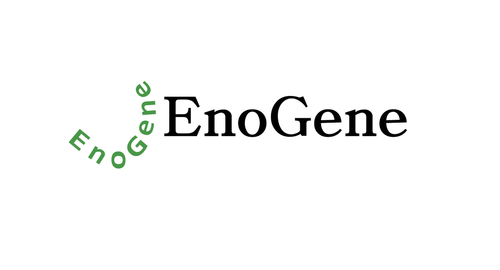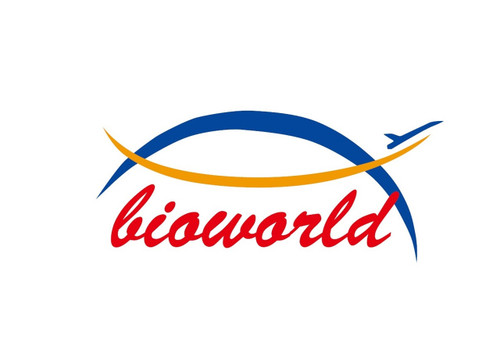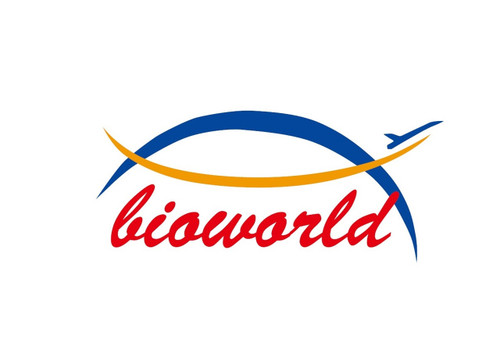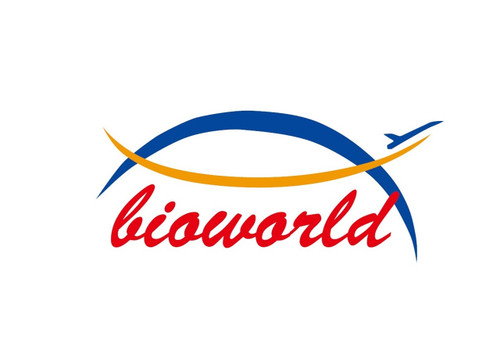Product Description
PAK1 polyclonal Antibody | BS70500 | Bioworld
Host: Rabbit
Reactivity: Human,Mouse,Rat
Application: WB IHC
Application Range: WB 1:500 - 1:2000 IHC 1:50 - 1:200
Background: The p21-activated kinase (PAK) family of serine/threonine kinases is engaged in multiple cellular processes, including cytoskeletal reorganization, MAPK signaling, apoptotic signaling, control of phagocyte NADPH oxidase, and growth factor-induced neurite outgrowth (1,2) . Several mechanisms that induce PAK activity have been reported. Binding of Rac/Cdc42 to the CRIB (or PBD) domain near the amino terminus of PAK causes autophosphorylation and conformational changes in PAK (1) . Phosphorylation of PAK1 at Thr423 by PDK induces activation of PAK1 (3) . Several autophosphorylation sites have been identified, including Ser199 and Ser204 of PAK1 and Ser192 and Ser197 of PAK2 (4,5) . Because the autophosphorylation sites are located in the amino-terminal inhibitory domain, it has been hypothesized that modification in this region prevents the kinase from reverting to an inactive conformation (6) . Research indicates that phosphorylation at Ser144 of PAK1 or Ser139 of PAK3 (located in the kinase inhibitory domain) affects kinase activity (7) . Phosphorylation at Ser21 of PAK1 or Ser20 of PAK2 regulates binding with the adaptor protein Nck (8) . PAK4, PAK5, and PAK6 have lower sequence similarity with PAK1-3 in the amino-terminal regulatory region (9) . Phosphorylation at Ser474 of PAK4, a site analogous to Thr423 of PAK1, may play a pivotal role in regulating the activity and function of PAK4 (10) .
Storage & Stability: Store at 4°C short term. Aliquot and store at -20°C long term. Avoid freeze-thaw cycles.
Specificity: PAK1 polyclonal Antibody detects endogenous levels of PAK1 protein.
Molecular Weight: ~ 82 kDa
Note: For research use only, not for use in diagnostic procedure.
Alternative Names: Serine/threonine-protein kinase PAK1; Alpha-PAK; p21-activated kinase 1; PAK-1; p65-PAK
Immunogen: Recombinant protein of human PAK1.
Conjugate: Unconjugated
Modification: Unmodification
Purification & Purity: The Antibody was affinity-purified from rabbit antiserum by affinity-chromatography using epitope-specific immunogen and the purity is > 95% (by SDS-PAGE) .
Pathway:
 Euro
Euro
 USD
USD
 British Pound
British Pound
 NULL
NULL



